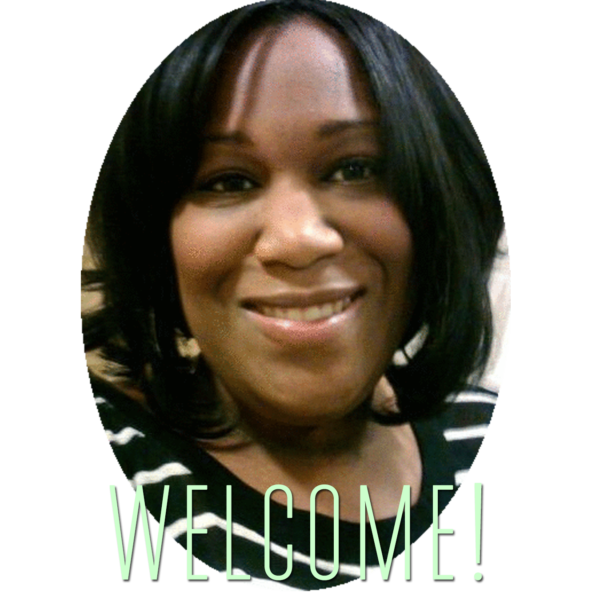
As one of the most popular college majors, becoming a psychologist has crossed the minds of many as a career path of interest. You may know that a Ph.D. is the most advanced degree you can receive, but exactly how long does it take to earn one?
Anatomy of a Ph.D. Program
A Doctor of Philosophy (Ph.D.) degree is the highest level of specialization that you can achieve in the field of psychology. Unlike the bachelor’s degree, which is an introduction to the breadth of field, earning the Ph.D. means specializing in a specific area of interest.
Many requirements of Ph.D. programs include completion of a bachelor’s degree, standardized test scores, letters of recommendation, and personal statement essay. Many programs are designed where you receive a master’s degree on the way to completing the Ph.D. program, usually marked by the completion of coursework and successful passing of oral or written exams.
How Many Years of Doctoral Study Should I Expect?
You can expect to spend at least 5 years working on your Ph.D. as a full-time student – from coursework to completion of your original research in the form of a doctoral dissertation. Of course, five years is simply a ballpark figure.
Some Ph.D. programs are designed to take longer, and others, given your level of focus and commitment to finishing early, you can actually shave a year or two off of the typical length of the program. Of course, this is not accomplished without a whole heck of a lot of work – on top of the hectic schedule of the typical grad school student.
And for still other people, life happens in the course of a Ph.D. program – health problems and emotional issues, family situations that may require you to take time off, or maybe the writing process for your doctoral dissertation isn’t coming along as seamlessly as you had originally hoped. These situations happen to quite a few people and can unexpectedly lengthen your course of study.
Applying to Grad School?
Graduate Study in Psychology, published yearly by the American Psychological Association, is good resource to use as a starting point for familiarity with Ph.D. programs in psychology. This volume reviews the basic information and requirements for over 600 different programs across the United States and Canada. It is also useful for assessing differences in:
- overall mission/orientation of program training
- program selectivity (number of acceptances)
- admission requirements (be sure to cross-check with program website for accuracy)
- application dates and admissions timelines (again, cross check with program website)
- tuition costs
- internship, scholarships, and financial aid availability
- post-graduation employment information
Admittedly, I would use this resource as more of a “starting point” in conducting program research. This type of information is valuable in narrowing down which programs to apply to. It’s also more of a reference than a how-to book, so you wouldn’t want to necessarily read cover to cover. For those who are determining area of specialization or applying only to certain types of programs, Graduate Study in Psychology gives you an eagle eye view of the available choices.
More Resources
There is much to know about graduate school in psychology before you apply. To make it easy, I am devising into a video-based e-course, detailing the very best advice and recommendations to successfully get into graduate school the first time.
The online course covers:
- What you should focus on Freshman to Senior year to get into grad school
- How to identify an area of specialization
- Masters, Psy.D., or Ph.D.?
- Traditional or online?
- Volunteer, internships, research – where does it all fit in?
- Getting excellent letters of recommendation
- How to stand out as an exceptional candidate for masters and Ph.D. programs
- What to write about in your essays
Only members of the Psychology Major Inner Circle can access the course. Subscribe to join and receive notification when the course is open for enrollment. Alternatively, if there’s a topic you’d like to see covered that isn’t listed, join the circle and let me know what you think.
 Do You Really Want A Ph.D. in Psychology?
Do You Really Want A Ph.D. in Psychology? Academic Resume Templates – Where To Find ‘Em
Academic Resume Templates – Where To Find ‘Em When Academic Resumes Come A-Calling
When Academic Resumes Come A-Calling Accountability Partners: Your Secret Weapon In Applying To Grad School
Accountability Partners: Your Secret Weapon In Applying To Grad School